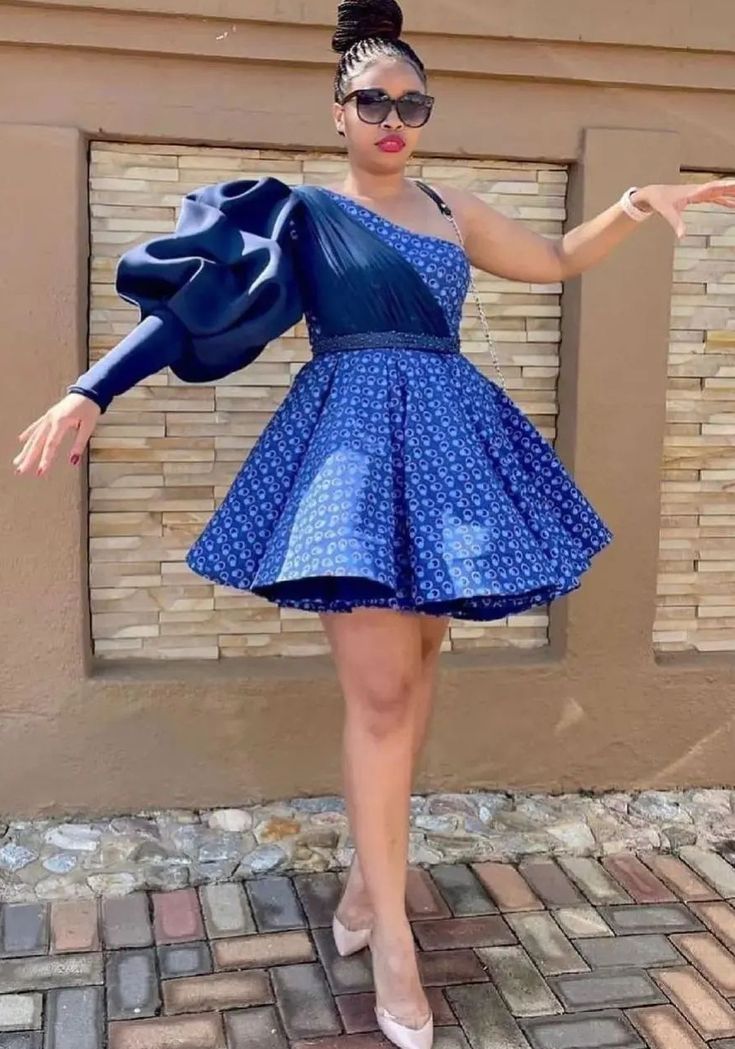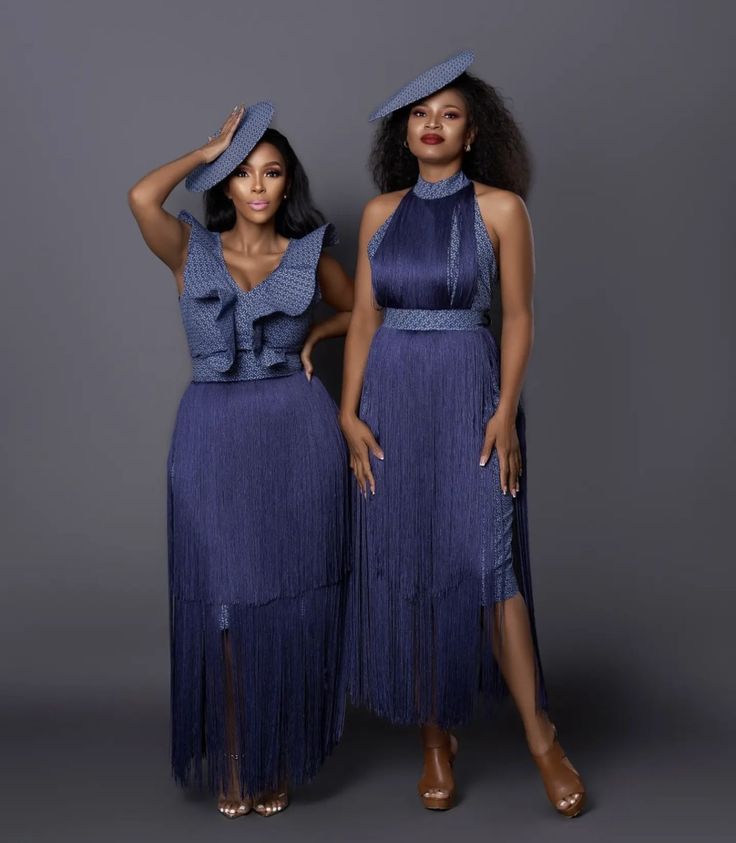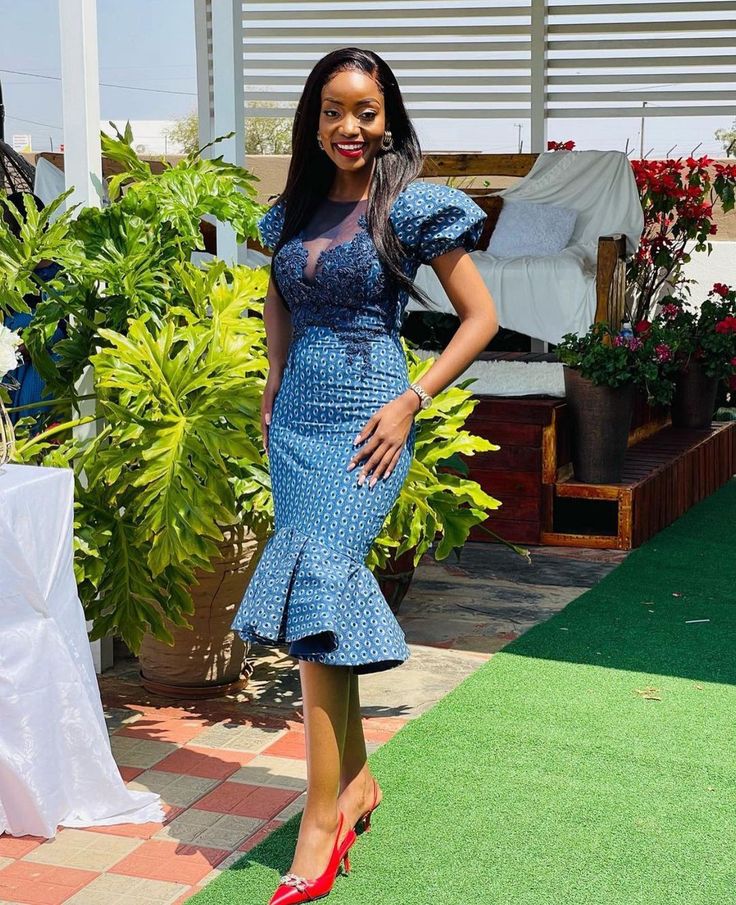Stitching Stories: Shweshwe Dresses Reflecting Heritage and History
Stitching Stories: Shweshwe Dresses Reflecting Heritage and History




A Legacy of Tradition:

Symbolism in Stitching:



A Canvas for Creativity:



A Global Phenomenon:






Throughout history, Shweshwe dress have borne witness to moments of triumph and adversity, resilience and adaptation. From the colonial era to the present day, these garments have endured, evolving with the times while retaining their cultural integrity. In times of social change and upheaval, Shweshwe dresses have served as symbols of resistance and resilience, asserting cultural identity in the face of oppression and marginalization.






Comments are closed.